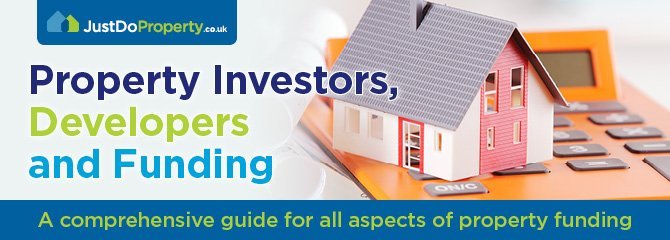
Yesterday was a bit of a ‘non budget’ for property investors, buy to let landlords and others in the housing market.
‘Non’ in two senses – the first being that, unlike last year, the words ‘property’ and ‘housing’ didn’t even pass the chancellor’s lips and secondly, Philip Hammond failed to fulfil the wishes of every ambitious landlord in this country by repealing the Stamp Duty on additional homes. Nor was he prepared to announce a U-turn on his clamp down on landlord tax relief – the impact of which will first be felt next month.
Self-employed landlord NI contributions to increase
What the Chancellor did do though, is hit hard around one in five individuals who make a living by renting out property. This is by increasing National Insurance contributions for the self-employed. For individuals earning between £16,250 and £45,000 annually NI contributions will increase from nine to 10 per cent in April next year then a further one per cent the following year to 11 per cent. This is an additional 60p a week tax hike for self-employed landlords.
Landlords who become Limited Companies to lose out
Meanwhile, for any landlord considering easing the blow of the scrapping of landlord tax relief by becoming a limited company – they can forget it. The tax free dividend allowance for company directors will fall from £5000 to £2000, come April 2018.
On the plus side…
There was, however, good news. And this was in the form of delaying the deadline for digital tax returns – by 12 months – for those who are below the VAT threshold. Until now landlords had been warned that they would have to start filing quarterly returns from next year under the government’s new Making Tax Digital programme. Now they won’t have to until April 2019.
And which is just as well since, according to a recent survey by the Residential Landlords Association (RLA), only 48 per cent of landlords use spreadsheets to keep on top of their tax returns, with 38 per cent using a ledger and 13 per cent a bespoke software programme.
RLA Douglas Haig gave a thumbs up to this, saying: “The chancellor has made the right decision in giving landlords more time to prepare for this important change.”
And as for the future…
Meanwhile, the clamp down on mortgage interest tax relief for individual landlords who pay a higher tax rate – described by many in the industry as the Tenant’s Tax because rents are sure to rise as a response – will start from April 6 this year.
It’s believed many landlords in the basic rate bracket will find themselves slipping into the higher rate section, so that by 2020 they too will find themselves with a mere 20 per cent credit to claim on their total landlord income.
Of course one way to avoid this is to pay for property by cash – and many landlords are doing just that according to Countrywide’s Index last month which showed 61 per cent of Britain’s buy-to-let purchases were made mortgage-free in January this year (when the Index began in 2007 around 41 per cent of landlords paid by cash). Not surprisingly the majority of cash purchases were in the north of England where property is less expensive.
The Council of Mortgage Lenders revealed in November 2016 that buy-to-let mortgages had fallen by one year on year with first-time buyer mortgages up eight per during the same period.
- Selling a House in a Trust After Death: What You Should Know - April 18, 2024
- Maximising Your Home’s Potential: The Ultimate Renovation Checklist - April 16, 2024
- Key Tips on Managing Your Property Portfolio - April 16, 2024


